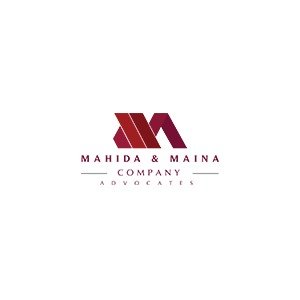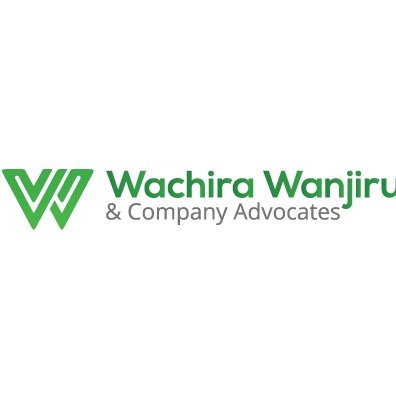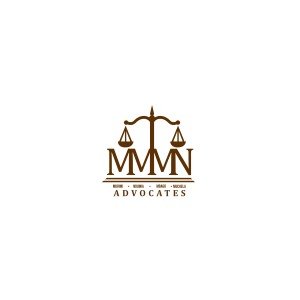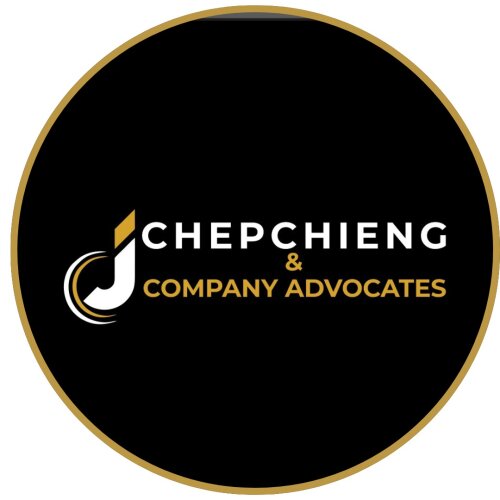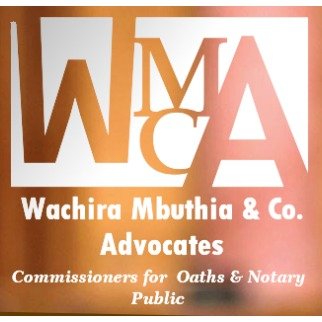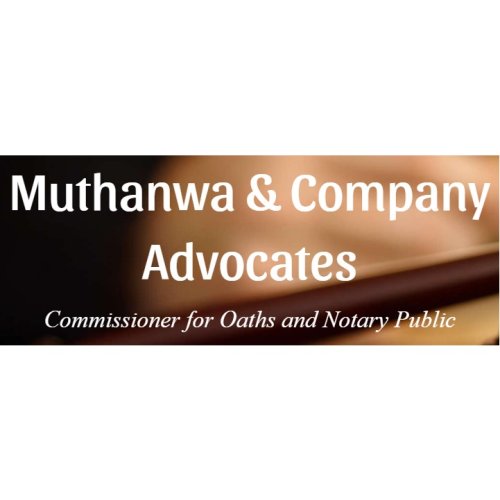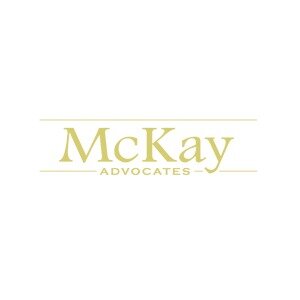Best Public-Private Partnerships (PPP) Lawyers in Nakuru
Share your needs with us, get contacted by law firms.
Free. Takes 2 min.
List of the best lawyers in Nakuru, Kenya
About Public-Private Partnerships (PPP) Law in Nakuru, Kenya
Public-Private Partnerships, commonly referred to as PPPs, are collaborative agreements between government entities and private sector partners. In Nakuru, Kenya, these partnerships are used to deliver public infrastructure projects or services, such as roads, water supply, energy, healthcare, and education facilities. The goal of PPPs is to leverage the efficiency, innovation, and resources of the private sector in delivering projects that benefit the public. In Nakuru, PPP projects are governed by national and county-specific regulations designed to ensure transparency, fairness, and mutual benefit for both public and private parties.
Why You May Need a Lawyer
PPPs can be complex arrangements involving many legal, financial, and technical considerations. You may need a lawyer in the following situations:
- Reviewing or drafting PPP agreements or contracts to ensure compliance with Kenyan law
- Understanding your rights and obligations as a private investor, contractor, or government official
- Resolving disputes or challenges that may arise during the project cycle
- Assisting in the procurement, negotiation, or bidding process for PPP projects
- Conducting due diligence before entering partnerships
- Advising on regulatory approvals, permits, and compliance issues
- Evaluating risks and drafting agreements that allocate responsibilities appropriately
Legal support helps protect your investment, ensures projects run smoothly, and minimizes legal exposure.
Local Laws Overview
At the national level, the main law governing PPPs in Kenya is the Public Private Partnerships Act, 2021. This law provides a framework for the development, implementation, and monitoring of PPP projects. Nakuru County also has the authority to enact by-laws and regulations to guide county-specific PPP arrangements. Key aspects of the legal framework relevant to PPPs in Nakuru include:
- Establishment of the PPP Directorate, which oversees all PPP projects in Kenya
- Procedures for project identification, approval, bidding, negotiation, and implementation
- Criteria for project eligibility, emphasizing value for money and public interest
- Transparency and competitive procurement processes to prevent corruption
- Clear division of risk and reward between public and private parties
- Mandatory environmental and social impact assessments
- Mechanisms for dispute resolution, often through arbitration or the Kenyan courts
- Regulations on concessions, user fees, and public access to services
Any entity considering involvement in a PPP in Nakuru must comply with both national legislation and specific requirements set by the Nakuru County Government.
Frequently Asked Questions
What is a Public-Private Partnership (PPP)?
A PPP is a collaboration between a government authority and a private company to finance, build, and operate public infrastructure or provide public services.
Which sectors are open to PPP projects in Nakuru?
Common sectors include transport (roads, railways), energy, water supply, sanitation, health, housing, and education.
Who regulates PPPs in Nakuru?
PPPs in Nakuru are regulated by the national PPP Directorate and Nakuru County Government through specific policies and regulations.
Are there specific PPP laws for Nakuru County?
While Nakuru follows the national PPP Act, the county government may have additional guidelines or policies tailored for local projects.
How are PPP projects initiated?
Projects can be initiated by either the public sector (solicited projects) or by private parties through detailed proposals (unsolicited projects), subject to approval and competitive processes.
What are the main steps in the PPP process?
The main steps include project identification, feasibility studies, procurement, negotiation, contract signing, financial closure, construction, and operation.
How are disputes resolved in PPP projects?
Disputes are usually resolved through negotiation, mediation, arbitration, or, if necessary, through the Kenyan courts.
Is public consultation required before a PPP project can start?
Yes, major PPP projects require public consultation and participation, especially those that have significant social or environmental impacts.
Can foreign companies participate in PPPs in Nakuru?
Yes, foreign firms can participate, subject to compliance with Kenyan investment laws and PPP regulations.
What happens if a PPP project fails?
Contracts will specify remedies, including possible termination, compensation clauses, and handback provisions to ensure continuity of public services.
Additional Resources
If you need more information or support regarding PPPs in Nakuru, consider reaching out to the following resources:
- Nakuru County Government - Department of Finance and Economic Planning
- Public Private Partnerships Directorate, National Treasury, Kenya
- Kenya Investment Authority
- Law Society of Kenya - Nakuru Chapter
- Kenya PPP Unit publications and guidelines
Local law firms with experience in infrastructure and project finance can also provide valuable legal counsel.
Next Steps
If you are considering entering into a PPP arrangement in Nakuru or have encountered a related legal issue, follow these steps:
- Clearly define your objectives and gather all related documents or proposals
- Consult with a lawyer experienced in PPP law and local regulations
- Request a legal due diligence check to assess risks and compliance requirements
- Engage the relevant government departments early in your planning
- Ensure you understand all your contractual rights, obligations, and possible liabilities before signing any agreement
Getting the right legal advice ensures your interests are protected, the project runs smoothly, and you comply fully with all local and national laws.
Lawzana helps you find the best lawyers and law firms in Nakuru through a curated and pre-screened list of qualified legal professionals. Our platform offers rankings and detailed profiles of attorneys and law firms, allowing you to compare based on practice areas, including Public-Private Partnerships (PPP), experience, and client feedback.
Each profile includes a description of the firm's areas of practice, client reviews, team members and partners, year of establishment, spoken languages, office locations, contact information, social media presence, and any published articles or resources. Most firms on our platform speak English and are experienced in both local and international legal matters.
Get a quote from top-rated law firms in Nakuru, Kenya — quickly, securely, and without unnecessary hassle.
Disclaimer:
The information provided on this page is for general informational purposes only and does not constitute legal advice. While we strive to ensure the accuracy and relevance of the content, legal information may change over time, and interpretations of the law can vary. You should always consult with a qualified legal professional for advice specific to your situation.
We disclaim all liability for actions taken or not taken based on the content of this page. If you believe any information is incorrect or outdated, please contact us, and we will review and update it where appropriate.



